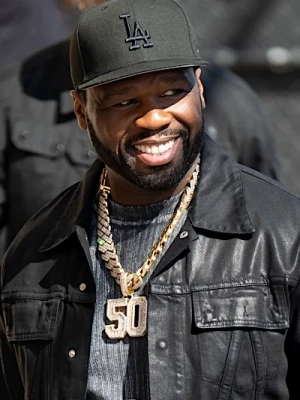 Alice in Chains was formed in 1987 by guitarist Jerry Cantrell, bassist Mike Starr, drummer Sean Kinney and vocalist Layne Staley. They found commercial and artistic success in the early '90s, which stressed Staley's increasingly clear abuse of heroin. They made a good start by ruling Billboard Heatseeker with their debut album "Facelift".
Alice in Chains was formed in 1987 by guitarist Jerry Cantrell, bassist Mike Starr, drummer Sean Kinney and vocalist Layne Staley. They found commercial and artistic success in the early '90s, which stressed Staley's increasingly clear abuse of heroin. They made a good start by ruling Billboard Heatseeker with their debut album "Facelift".
Soon, they were flooded with various offers from scoring a movie, which they did by contributing song "Would?" to Cameron Crowe's film "Singles". Through the visuals work of the single, the band received an award for Best Video from a Film at the 1993 MTV Video Music Awards. After releasing their second album "Dirt" which sent them to the top 10 on Hot 200, they landed a gig at the prestigious Lollapalooza.
The band reached their peak at success after releasing their self-titled album "Alice in Chain" in 1995. Preceded by an acoustic EP "Jar of Flies", the album gave them their first No. 1 album in the United States. On top of that, singles "Grind" and "Again" were nominated for the Grammy Award for Best Hard Rock Performance in 1996 and 1997 respectively.
Unfortunately, the band went into hiatus when Cantrell turned its attention to solo projects and Staley finally succumbed to his grief when he overdosed in April 2002. After a few years of absence, they reunited and played shows in late 2005 and early 2006 with a variety of guest vocalists including Billy Corgan. In Late 2006, William DuVall joined Alice in Chains as a singer.
With a revamped formation, Alice in Chains released their first studio album since 1995 album called "Black Gives way to the Blue". Though they had disappeared for more than 10 years, they hadn't lost their charm as the album climbed to the top 5 on the U.S. album chart. Their sweet comeback was marred by the death of Starr in 2011. He was found died from a suspected drug abuse.
Two years later, they returned with a new album. "The Devil Put Dinosaurs Here" is aimed as their fifth studio album. "We made a unique record that's completely different from anything we ever did. It encapsulates a period of time, like all records do. You see growth and that the band is moving ahead in new territory that we haven't been to before, but we haven't lost our identity," Cantrell said.








